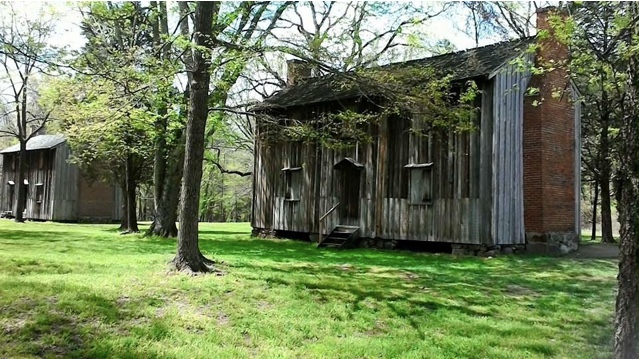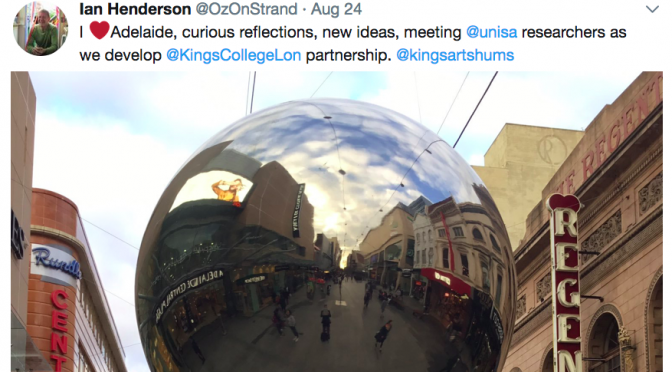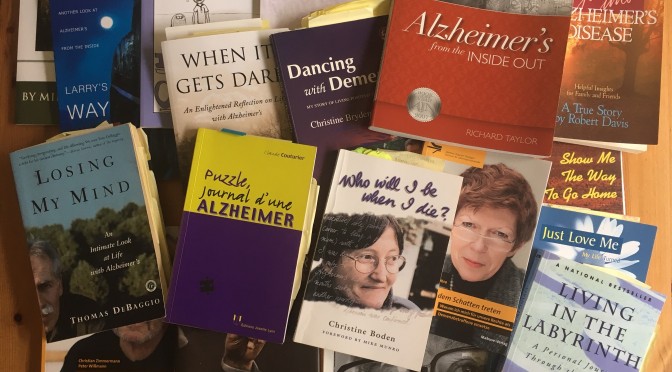by Sinéad Murphy and Diya Gupta, PhD researchers, Departments of Comparative Literature and English
“Teachers and students produce, reinforce, recreate, resist, and transform ideas about race, gender, and difference in the classroom.” – Chandra Talpade Mohanty, ‘On Race and Voice: Challenges for Liberal Education in the 1990s’, 1989
“Provoking students to think, really think, is one of the reasons we have universities in the first place.” – Stefan Collini, Guardian opinion piece ‘Brexit witch-hunt against universities reveals the right’s paranoid thinking’, 31 October 2017
In 2016, Oxford Dictionaries selected ‘post-truth’ as its international word of the year. This November, Collins Dictionary chose the term ‘fake news’ as word of the year for 2017 from a shortlist featuring ‘echo chamber’, ‘antifa’, and ‘Corbynmania’. The head of language content at Collins explained that “much of this year’s list is definitely politically charged, but with a new president in the US and a snap election in the UK, it is perhaps no surprise that politics continues to electrify the language.”

It is clear that the swing to the far-right in the US and the UK has come to dominate the basic language through which we understand our political reality. The urgency that these developments lend to current research in literature and language – and across the humanities broadly – was the subject of a meeting of the King’s research cluster ‘Colonial, Postcolonial and Transnational Cultures’ earlier this year.
Comprising academic staff and postgraduate researchers from the English and Comparative Literature Departments, this cluster is organised around three overarching themes: the ‘coloniality’ of language; spatiality and geographies; and the ways in which violence, brutality, atrocity or torture might condition our research projects.
What does it mean, to be ‘more political’…?






